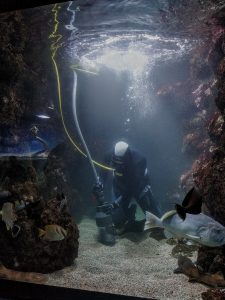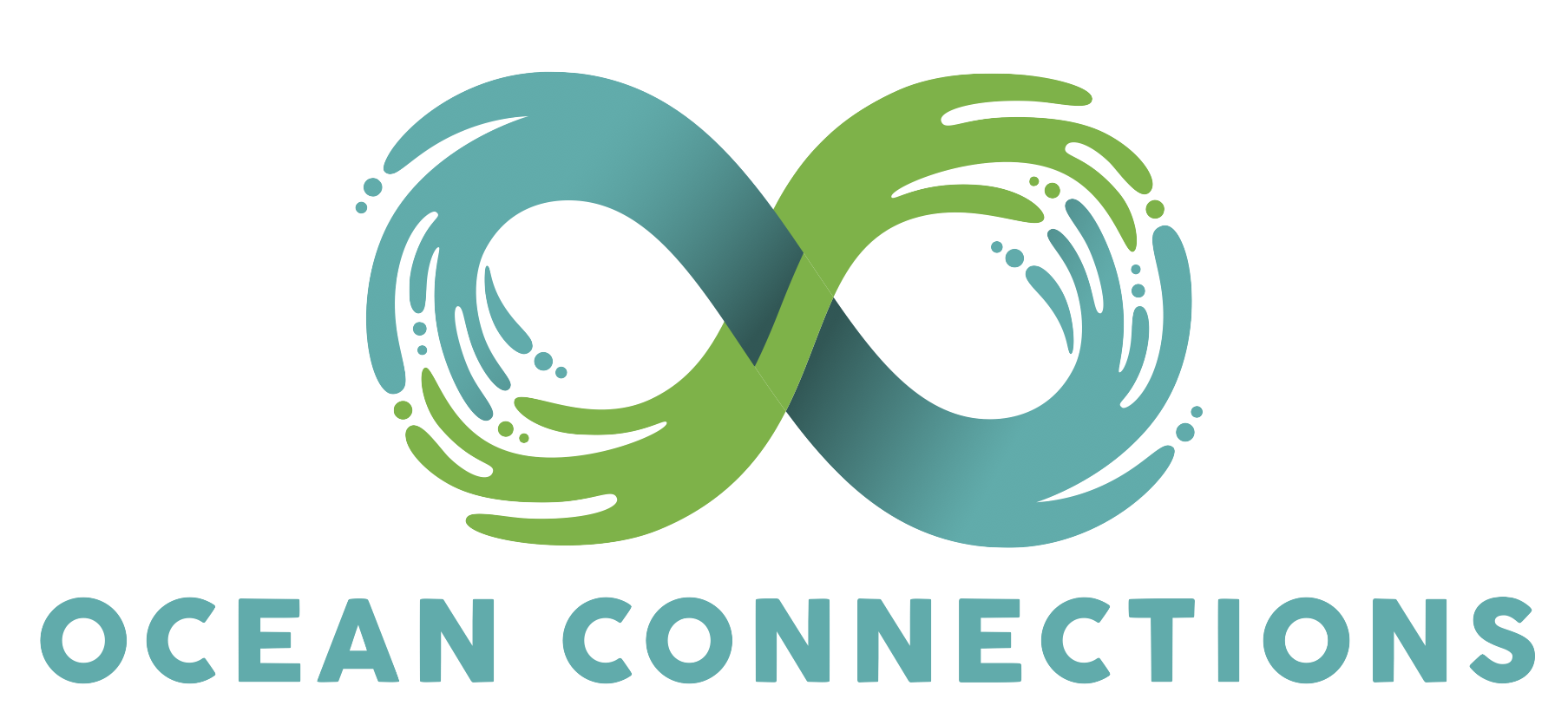Ocean Connections project
Oceans project officially started last October 2018, and will be active until the end of June 2021.
The OCEANS project aims to innovate and extend best practice in the teaching of Ocean Literacy through the use of a synthesis of creative pedagogies and digital technologies that previous research has shown can help engage pupils and extend their understanding of concepts that are challenging to experience directly. Our objectives are:
1) To use creative pedagogies and augmented/virtual reality digital technology to engage young people with Ocean Literacy
2) To explore the extent to which these pedagogies can support young people in accessing the Ocean through aquaria both directly and from a distance
3) To explore the extent to which these pedagogies support young people’s understanding of Ocean Literacy.

To achieve these aims, we will explore the state-of-the-art in teaching and learning about our Ocean and in the impact of creative pedagogies and augmented and/or virtual reality tools for teaching Science. We will synthesise these findings into a pedagogical framework to guide the project as we develop and evaluate new materials and approaches through Pilot projects in 6 partner school settings (3 Primary and 3 Secondary) working alongside 3 aquaria. We will make these results available through a new Ocean Literacy Toolkit, academic publications and disseminate them through international education platforms.
The link between creative pedagogies and the use of AR/VR tools will be explored further in our review of the state-of-the-art, however, we know that both of these pedagogies enable students to engage differently with the material nature of our world than is typically the case in school settings. This is of particular interest with respect to the challenge of engaging with the Ocean due to its relative scale and inaccessibility, leading us to argue that these distinctive and innovative pedagogies have a specific and important potential role in addressing the problem we are aiming to address. We will draw on previous successful projects using these pedagogical approaches, which have been shown to generate more engagement in science and link to scientific literacy through the use of inquiry, fostering engagement in dialogue and scientific argumentation and supporting students’ development of agency.
